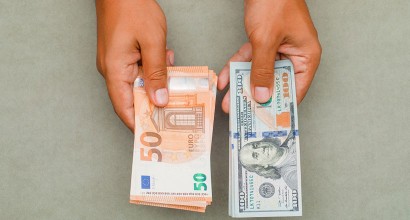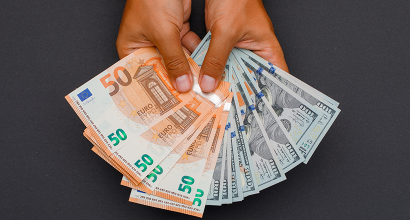Understanding the Bangladeshi Taka (BDT) Exchange Rates
The Bangladeshi Taka (BDT) is the currency of Bangladesh and plays a crucial role in the country’s economic transactions. Understanding the exchange rates of the BDT is important for both local and international businesses. The BDT exchange rate is influenced by a combination of domestic and global factors.
-
Economic Growth and Export Performance
Bangladesh’s economy has shown impressive growth in recent years, especially in textiles and garments, which form the backbone of the country’s export industry. A stronger export performance generally supports the BDT by bringing in foreign currency, thus improving the exchange rate. -
Inflation and Central Bank Policies
Inflation directly affects the BDT’s exchange rate. The Bangladesh Bank’s policies on interest rates and money supply also play a key role in determining the BDT's value. If inflation is high, the central bank may intervene by adjusting rates to stabilize the currency. -
Foreign Aid and Investments
Foreign aid and foreign direct investment (FDI) are also critical for the Bangladeshi economy. If the country receives more aid or attracts international investments, the demand for the BDT increases, which strengthens its value. Conversely, a reduction in these inflows can weaken the currency.
The future of the BDT will depend on the country’s economic growth, inflation control, and the attraction of foreign capital. As Bangladesh continues to grow as a global manufacturing hub, the BDT is expected to remain relatively stable.





